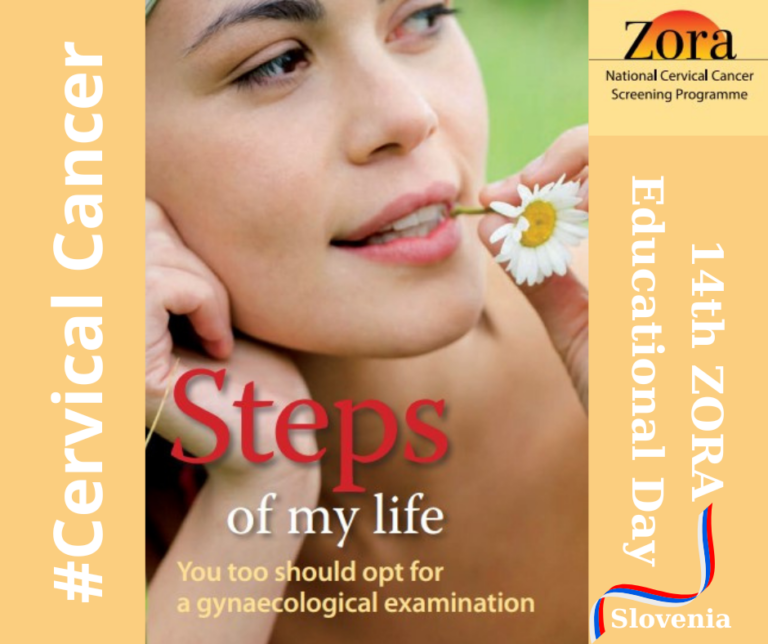Slovenia, 02.06.2025
14th ZORA Educational Day in Slovenia
Transition to HPV-Based Screening

Scientists from the International Agency for Research on Cancer (IARC) recently participated in the 14th ZORA Educational Day in Slovenia to advocate for improved cervical cancer prevention measures.
About ZORA
ZORA is Slovenia’s national cervical cancer screening programme, active for over 20 years, using cytology-based screening to detect and manage cervical cancer. However, recent advancements call for a transition to more effective screening methods.
Promoting HPV-Based Screening
At the event, IARC scientists emphasized the benefits of human papillomavirus (HPV)-based screening as a more accurate method for detecting early signs of cervical cancer. The event gathered approximately 400 participants, including:
Officials from the Ministry of Health of Slovenia
Healthcare providers
Representatives of the Institute of Oncology Ljubljana and the National Institute of Public Health
Members of the national immunization task force
Discussions focused on adjusting the target age group for initiating HPV-based screening and adopting advanced prevention strategies.
Key Presentations and Recommendations
The event featured insights from the Expert Working Group of the European Commission Initiative on Cervical Cancer (EC-CvC) and findings from the single-dose HPV vaccination study, presented by IARC scientist Dr. Partha Basu. Key topics included:
Evidence supporting the transition to HPV-based screening
Strategies for procuring HPV testing kits
Plans for piloting an HPV-based screening programme in Slovenia
Looking Forward
The IARC delegation engaged stakeholders to ensure alignment on improving cervical cancer prevention strategies. These efforts aim to modernize Slovenia’s screening programme and reduce the burden of cervical cancer through innovative, evidence-based approaches.
Learn More
#EuCanScreen #CancerScreening #CervicalCancer #HPV
🔗 Please don’t forget to Subscribe to EuCanScreen Newsletter! 💪
Subscribe to our newsletter to get news and updates.
Subscribe to our newsletter to get news and updates.

The general objective of EUCanScreen is to assure sustainable implementation of high-quality screening for breast, cervical and colorectal cancers, as well as implementation of the recently recommended screening programs – for lung, prostate and gastric cancers. EUCanScreen will facilitate the reduction of cancer burden and achieving equity across the EU.
This project has received funding from the European Union’s EU4HEALTH Programme under the Grant Agreement no 101162959











